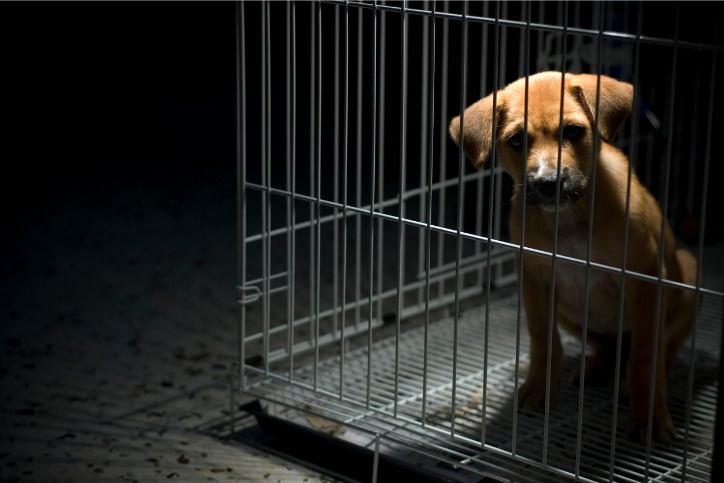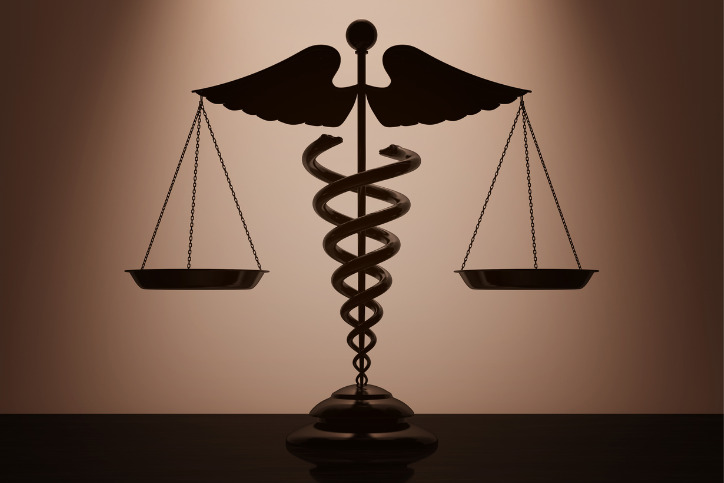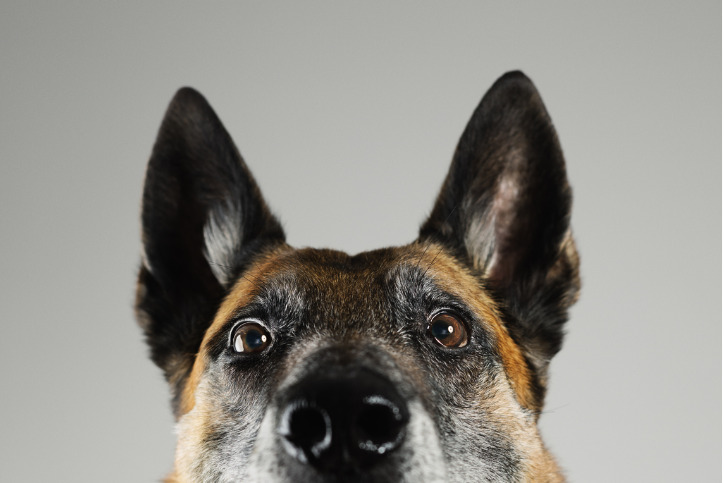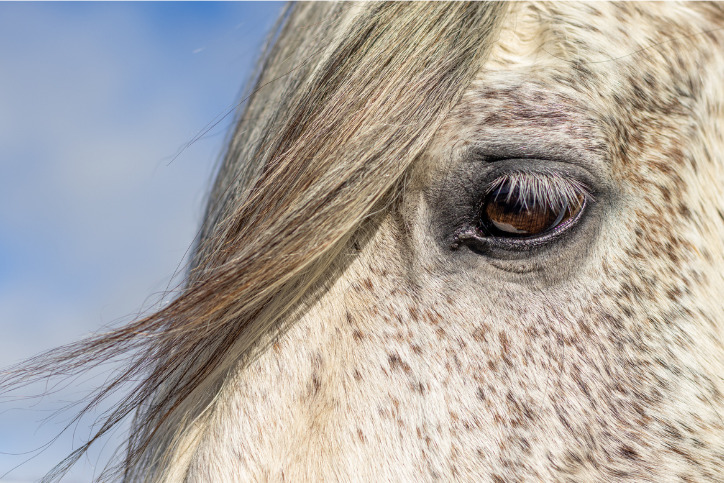Animal Welfare
We support you in your work to care for animals in your community
Our Animal Welfare committee can connect you with programs that express the passion you feel for the wellbeing of animals.
Learn about how to report abuse in the most effective way, and how you can support and participate in the NY shelter medicine community.

Animal Welfare Resources
We provide animal welfare resources to support your commitment to animal health and happiness.

Mandatory Reporting Abuse
In NY State Veterinarians are provided with legal indemnity when they report animal abuse.
Reporting abuse is mandatory. But what is abuse? How do you report it? What happens then? We provide the answers and a series of webinars.

Animal Welfare Podcasts
Join us during your drive to/from work to hear about veterinarians working to support their local shelter.
This series of Podcasts illustrates how private practice veterinarians can make a difference in their local community. We share stories and hear from experts to add a little inspiration to your day.

Equine Abuse Reporting
Sadly many horses in NY are experiencing neglect, abuse or cruelty. You may be the only person who gets to see what is really happening. That’s why knowing how to report abuse is so important.
The NYSVMS Equine Committee has put together a comprehensive FAQ to help you both follow the law, and do the right thing.

Donkey Skin Trade
Donkeys are inhumanely killed for their skin as a source of ejiao (pronounced uh-jee-ow), a gelatin substance contained in Chinese beauty products, food, drinks, and traditional medicines. Although China is the major consumer of ejiao products, the US imports ~ $12 million dollars of ejiao products annually.

VSD Resources
The NYSVMS Animal Welfare Committee has compiled a list of resources to help veterinarians find key information about ventilation shutdown.
Mandatory Abuse Reporting
NY abuse reporting law
In 2022, the NYS Education Law was updated to provide legal indemnity for veterinarians who report animal cruelty, and to require reporting when abuse is observed.
Section 6714 of Article 135 of the Education Law is summarized here:
You are legally required to report animal abuse when in good faith you suspect it has led to an animal’s injury, illness or condition.
- In a case of suspected animal abuse, you can disclose records to the police or an agent authorized to investigate animal cruelty without the owner’s consent
- Your name will be kept confidential when you report
- You are entitled to see the report of how the case was investigated
- If you act reasonably and in good faith you will be immune from any liability that might result from the report.
Where to report animal abuse
Under the law you can report to a police officer or an agent or officer of the American Society for the Prevention of Cruelty to Animals, or any duly incorporated society for the prevention of cruelty to animals.
The best place to report depends on which county you are in, and sometimes your local police station may redirect you somewhere else. To save you from searching around, the National Link Coalition publish an online list of where to report abuse in each NY county.
Section 6714 of Article 135 of the Education law
2. A veterinarian licensed pursuant to this article, may disclose records, as defined in this section, concerning a companion animal as defined in section three hundred fifty of the agriculture and markets law which has received treatment by such veterinarian without the consent of the companion animal’s owner under the following circumstances:
(a) When a veterinarian reasonably and in good faith suspects that a companion animal’s injury, illness or condition is the result of animal cruelty in violation of section three hundred fifty-one, three hundred fifty-three or three hundred fifty-three-a of the agriculture and markets law, the veterinarian shall report the incident and disclose records concerning the companion animal’s condition and treatment to any officer or agent authorized pursuant to sections three hundred seventy-one and three hundred seventy-three of the agriculture and markets law to respond to and investigate complaints of animal cruelty.
The identity of such veterinarian making a report pursuant to this paragraph shall only be made available to an officer or agent authorized pursuant to section three hundred seventy-one or three hundred seventy-three of the agriculture and markets law.
(b) When a veterinarian reasonably believes that disclosure of records as defined in this section, is necessary to protect the health or welfare of a companion animal, a person or the public, the veterinarian may disclose such records to any officer or agent authorized pursuant to sections three hundred seventy-one and three hundred seventy-three of the agriculture and markets law to respond to and investigate complaints of animal cruelty. The identity of such veterinarian making a disclosure of records pursuant to this paragraph shall only be made available to an officer or agent authorized pursuant to section three hundred seventy-one or three hundred seventy-three of the agriculture and markets law.
(c) Any such veterinarian who reports an incident or discloses records concerning a companion animal’s condition and treatment pursuant to paragraph (a) or (b) of this subdivision shall be entitled to receive and be provided with, at no cost to such veterinarian, written or electronic documentation of such report by the agent or officer to whom such report was made. Such report shall include but not be limited to the date such report was made, the identity of the individual against whom such report was made, the species and description of the animal about which such report was made, the nature of the injuries to the animal and the name and license number of the veterinarian who made such report.
Video Series on Animal Abuse Prevention
Watch our 2022 webinar mini-series on how you can be effective at recognizing, reporting and prosecuting animal abuse cases
How to recognize and report animal cruelty
- Become familiar with the new mandatory veterinary reporting law in New York and how it differs from the prior law
- Learn how to report suspected cruelty you may encounter
- Recognize and identify the signs of animal cruelty, including non-accidental injury and neglect
- Recognize and identify the signs of animal fighting
Participating in the Prosecution of Abuse
- Understand the role of a veterinarian in a criminal investigation and prosecution
Become familiar with the process of writing a veterinary statement of findings
Become familiar with the criminal process
Learn basic tips for expert testimony
Panel of veterinarian and humane investigators
- Learn how veterinarians and investigators from different NYS communities outside of NYC engage in cruelty investigations
Gain knowledge of case challenges that can occur in investigations, particularly in rural communities
Discuss various approaches to different types of cases that may involve harm reduction and case management techniques rather than punitive approaches
